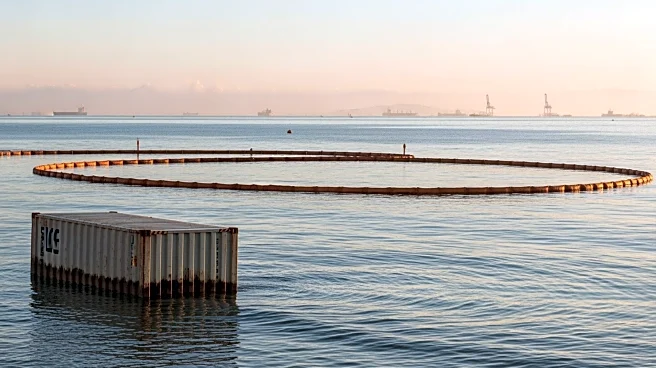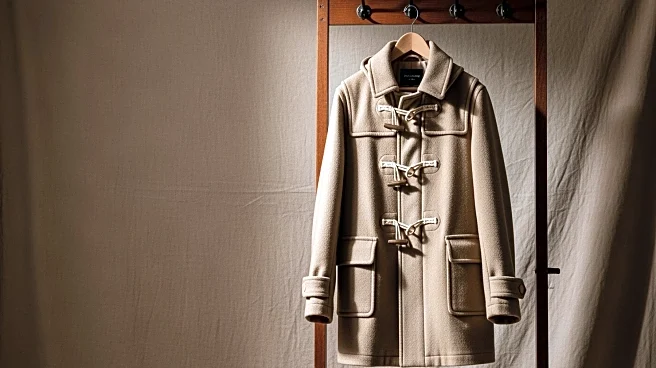What's Happening?
The Museum of Fine Arts (MSK) in Ghent has decided not to return the Nazi-looted painting 'Portrait of Bishop Triest' by Gaspar de Craye, citing previous compensation to the original owner and heirs. The painting was sold under duress during the German
occupation of Belgium in 1940. An independent commission appointed by Ghent concluded that financial compensation was provided to the original owner, Samuel Hartveld, and his family. Despite this, Jewish advocacy groups in Belgium are demanding further compensation, arguing that international standards require restitution when spoliation is established. The commission recommended moral redress by acknowledging the act of spoliation in publications and exhibitions involving the painting.
Why It's Important?
The refusal to return the painting highlights ongoing debates over the restitution of Nazi-looted art. While international standards like the Washington Principles and the Terezin Declaration advocate for restitution, they are non-binding and allow for financial settlements as alternatives. This case underscores the complexities involved in art restitution, where historical injustices are weighed against legal and financial considerations. The decision impacts Jewish groups advocating for restitution and raises questions about the adequacy of past compensations. It also reflects broader challenges in achieving 'just and fair solutions' in cases of Nazi spoliation.
What's Next?
The controversy may lead to further legal challenges or negotiations between MSK Ghent and Hartveld's heirs. Jewish advocacy groups may continue to push for restitution, potentially influencing public opinion and policy on Nazi-looted art. The museum's decision could set a precedent for similar cases, affecting how institutions handle claims of spoliation. Additionally, the call for moral redress may prompt discussions on how museums acknowledge historical injustices in their collections.














